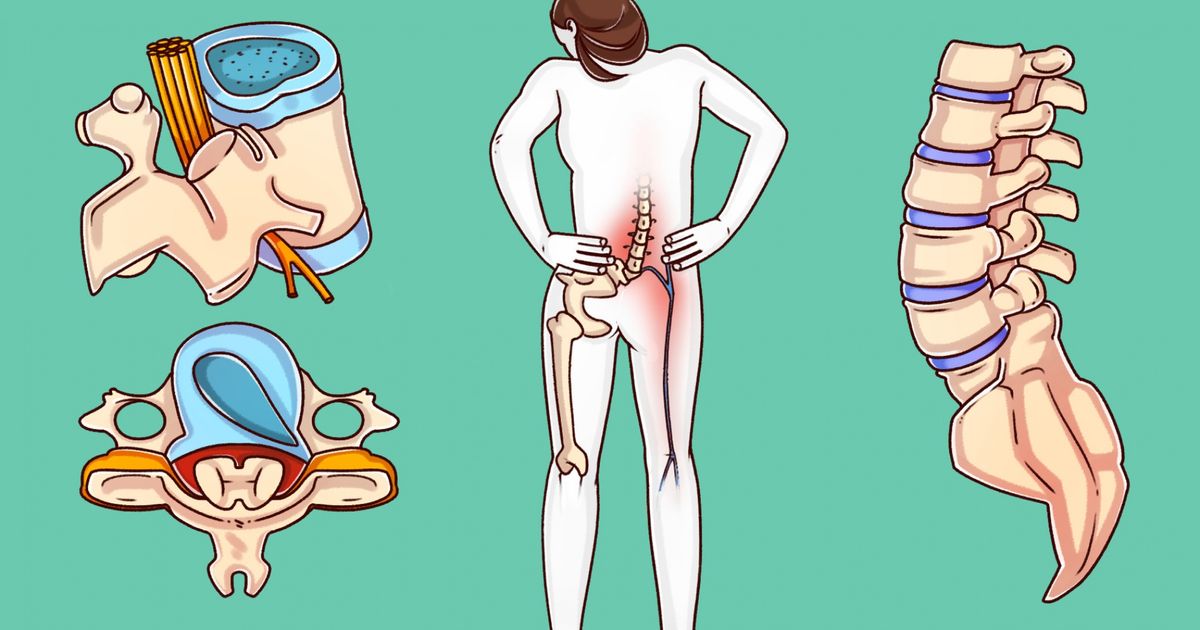Iodine is a trace mineral essential for thyroid health, metabolism, and brain function. Despite its importance, nearly 30% of the global population is at risk of iodine deficiency, according to the World Health Organization (WHO). Left untreated, low iodine levels can lead to hypothyroidism, developmental delays, and chronic fatigue.
In this article, we’ll explore eight critical symptoms of iodine deficiency, backed by science and expert insights. Learn to recognize these signs early and take action to restore your health.
Signs Of Iodine Deficiency
8. Hair Loss and Dry Skin: Visible Signs of Iodine Deficiency
Your thyroid gland relies on iodine to produce hormones that regulate skin hydration and hair follicle regeneration. When iodine levels drop, you may notice:
- Thinning hair or sudden hair loss
- Flaky, dry skin or eczema-like patches
- Slow wound healing
A study published in the National Institutes of Health (NIH) links low thyroid hormones (T3 and T4) to reduced sebum production, leading to brittle hair and skin. Including iodine-rich foods like seaweed, eggs, and dairy can help restore these issues.
7. Feeling Cold All the Time? Your Thyroid May Be Slowing Down

If you’re reaching for a sweater in mild weather, your thyroid could be to blame. Iodine is critical for thermoregulation—the process that maintains your body temperature. Low thyroid hormone levels slow metabolism, reducing heat production.
Key indicators:
- Cold hands and feet, even in warm environments
- Shivering or discomfort in mildly cool temperatures
A 2015 study in the Journal of Clinical Endocrinology & Metabolism found that 80% of hypothyroid patients reported heightened cold sensitivity.
6. Unexplained Weight Gain: Is Iodine Deficiency Slowing Your Metabolism?
Unexpected weight gain is a hallmark symptom of an underactive thyroid (hypothyroidism). Without sufficient iodine, your thyroid can’t produce hormones that regulate metabolic rate. This leads to:
- Rapid weight gain despite no changes in diet
- Difficulty losing weight, even with exercise
- Water retention and bloating
The American Thyroid Association notes that even mild iodine deficiency can reduce metabolic efficiency by 10–15%.
5. Chronic Fatigue and Muscle Weakness: Low Energy Linked to Iodine

Feeling exhausted despite adequate sleep? Your thyroid needs iodine to convert food into energy. Low T3/T4 levels force your body to conserve energy, resulting in:
- Persistent tiredness
- Muscle weakness or cramps
- Shortness of breath during light activity
A 2020 report in the Cleveland Clinic Journal of Medicine emphasizes that iodine-related fatigue often persists even after rest.
4. Brain Fog and Memory Lapses: How Iodine Impacts Cognitive Health

Iodine is vital for fetal brain development and adult cognitive function. Deficiency can impair focus, memory, and problem-solving abilities. Studies, including one from the NIH, associate low iodine with:
- Difficulty concentrating
- Forgetfulness
- Reduced IQ scores in children
Pregnant women are especially vulnerable, as iodine demands increase by 50% during gestation.
3. Mood Swings, Depression, and Anxiety: The Thyroid-Mind Connection

Thyroid hormones influence serotonin and dopamine production—neurotransmitters that regulate mood. Low iodine levels correlate with:
- Persistent sadness or hopelessness
- Irritability
- Panic attacks
A meta-analysis in the Journal of Thyroid Research found that 60% of hypothyroid patients experienced mood disorders.
2. Pregnancy Complications: Why Iodine Is Critical for Expectant Mothers
Iodine deficiency during pregnancy increases risks of:
- Miscarriage
- Preterm birth
- Cognitive impairments in babies (cretinism)
The American Pregnancy Association recommends 220–250 mcg of iodine daily for pregnant women. Prenatal vitamins and iodized salt can help meet this need.
1. Persistent Constipation: Digestive Issues Tied to Low Iodine

Thyroid hormones stimulate digestive muscle contractions. Low iodine slows gut motility, causing:
- Infrequent bowel movements
- Straining or discomfort
- Bloating
A 2018 study in Gastroenterology links hypothyroidism to chronic constipation in 30% of cases.
How to Address Iodine Deficiency
If you’re experiencing these symptoms, consult a healthcare provider for testing (e.g., urinary iodine or TSH tests). To boost iodine intake:
Monitor intake: Avoid exceeding 1,100 mcg/day to prevent toxicity.
Diet: Consume seaweed, cod, yogurt, and iodized salt.
Supplements: Consider potassium iodide tablets (150 mcg/day for adults).
Conclusion
Iodine deficiency can silently sabotage your thyroid, metabolism, and mental health. By recognizing symptoms like fatigue, weight gain, or mood swings early, you can take steps to replenish iodine levels through diet or supplements. Prioritize thyroid health today—your body will thank you.









